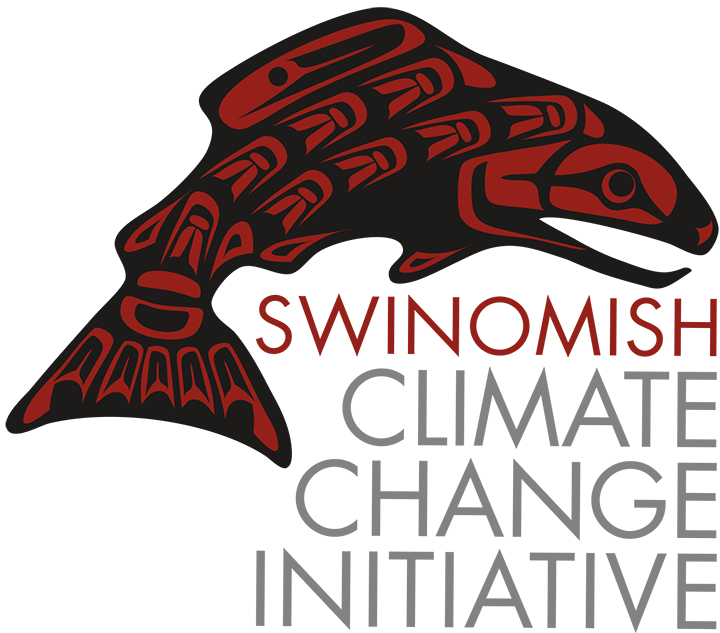The Indigenous Health Indicators (IHI) are a set of community-scale, non-physical aspects of health that are integral to Coast Salish health and wellbeing. The IHI reflect deep connections between humans, the local environment, and spirituality. IHI provide a template for resource-based communities to tailor in order to suit their own unique connections and health priorities.
Climate ACTIONs
Community Environmental Health
“Our health comes from our culture and our culture comes from our lands, our waters. To make good decisions, these connections must be respected.”
–Swinomish Elder Larry Campbell, wanaseah, Community Environmental Health Specialist
Swinomish Community Environmental Health supports and enhances health and wellbeing in the Swinomish way. A healthy community encompasses all aspects of Swinomish relationships, values, and priorities. Health is the physical, social, mental and cultural realms on individual, familial and community scales, including reciprocal relations between people, their natural environment, and nonhuman beings. Program co-leads, Larry Campbell and Jamie Donatuto, developed the Indigenous Health Indicators (IHI) to reflect non-physiological aspects of health that are important to the community.
Evaluating Indigenous Health is not easy task due to the many intangible aspects of health. For climate change impacts, our strategy is to focus on first foods (also called traditional foods or “our foods”). These foods are tangible connections between the people and place reflected in the IHI. For Swinomish, as a coastal community, we chose to focus on salmon, crab, and clams. We first tested our evaluation method, then completed a full project of six nearshore sites using modeled impacts to first foods habitats in 2050.
We have developed freely-accessible online modules explaining the project here. You can access our methods here.
Based on Education being a top-ranked climate change priority, we have developed and launched the 13 Moons First Foods and Resources curriculum, based on the 13 lunar phases of a calendar year. The lunar cycles indicate seasonal changes, so each moon is named for the seasonal events that take place during that time. For example, the “Moon when the Frog Talks” usually begins in mid-to-late February and signals the coming of spring and the time to harvest new greens such as nettles and miner’s lettuce. The curriculum provides a variety of workshops and activities for all ages in which to engage that are specific to the harvest cycle. The activities reflect the foods, resources, traditions and practices associated with each of the 13 moons, supporting and bolstering the IHI.
Natural Resource Security, another top ranked priority, is actively addressed by many departments at Swinomish. We have partnered with Swinomish Fisheries to cite and develop the first modern day clam garden in the United States. Clam gardens are ancient Indigenous technologies that increase population density and diversity of clam species.

